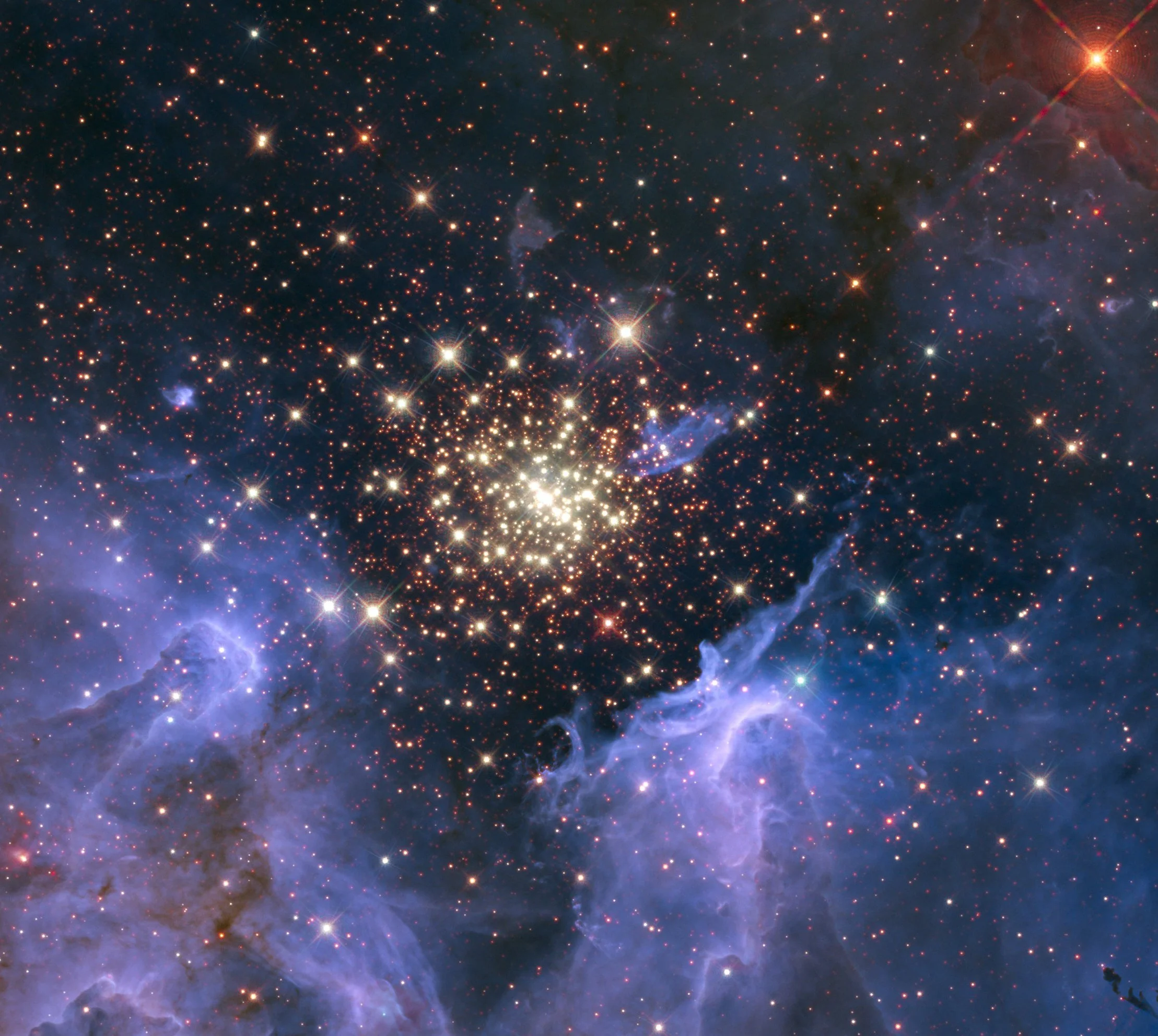Work-Life Balance is one of the Topic pages of the Harvard Business Review indicating its importance along with other more traditional topics such as Managing People, Communication, and Technology. Lots of us are demanding that the “work” side of the balance be lightened, and employers are taking notice by offering their employees incentives like playful workplace environments, flexible hours, the chance to work off-site, etc. The “life” side of the balance—travel and adventure, scaling mountains or skiing down them, time with friends and families, eating good food, reading good books—comprises experiences that more and more of us consider to be essential to life.
Creating a healthy work-life balance requires us to think about which experiences we want to have and how to prioritize them, knowing all along that the experiences we choose now will vary over the course of our lifetimes due to circumstances, both inward and outward, that will change. We can think about our lives in this way because we are conscious beings who can act purposefully to create the experiences, both inward and outward, that we wish to have.
Back in the third post, Seeing Red, we explored how the outer world is perceived through our senses and how our thinking attaches meaning to that which we perceive; this is consciousness. If we couldn’t attach meaning to our perceptions, we wouldn’t be human. Steiner says that what we feel about our experiences belongs to our soul, and what we learn from our experiences belongs to our spirit. In other words, we are spiritual beings because we have experiences, we feel something about them, and we learn from them.
Let’s see what Dr. Steiner has to say:
The soul nature of man is not determined by the body alone. Man does not wander aimlessly and without purpose from one sensation to another, nor does he act under the influence of every casual incitement that plays upon him either from without or through the processes of his body. He thinks about his perceptions and his acts. By thinking about his perceptions, he gains knowledge of things. By thinking about his acts, he introduces a reasonable coherence into his life. He knows that he will worthily fulfill his duty as man only when he lets himself be guided by correct thoughts in knowing as well as acting… Nature subjects man to the laws of changing matter, but he subjects himself to the laws of thought. By this means he makes himself a member of a higher order than the one to which he belongs through his body. This order is the spiritual.
The spiritual is as different from the soul as the soul is from the body. As long as only the particles of carbon, hydrogen, nitrogen and oxygen that are in motion in the body are spoken of, we do not have the soul in view. Soul life begins only when within the motion of these particles the feeling arises, “I taste sweetness,” or “I feel pleasure.” Likewise, we do not have the spirit in view as long as merely those soul experiences are considered that course through anyone who gives himself over entirely to the outer world and his bodily life. This soul life is rather the basis of the spiritual just as the body is the basis of the soul life. The biologist is concerned with the body, the investigator of the soul—the psychologist—with the soul, and the investigator of the spirit with the spirit. It is incumbent upon those who would understand the nature of man by means of thinking, first to make clear to themselves through self-reflection the difference between body, soul, and spirit.”
Excerpt from: Theosophy, Chapter 1: The Essential Nature of Man, 1904 by Rudolf Steiner.
Natural science still hasn’t found the answer to human consciousness. David Chalmers*, who coined the phrase “hard problem” when referring to the question of consciousness itself, wants to understand what experiences are. Thus far, looking at the operation of the brain and trying to find out how and why it would create an experience out of perceptions and concepts, hasn’t yielded any results. In fact, Chalmers, who has been looking at this hard problem for decades, is now proposing that consciousness may be a fundamental like time and space; that maybe it isn’t brain-based. This is radical thinking for natural science, but it will be spiritual science that provides the means by which we will understand human consciousness and how it evolves.
Immanuel Kant recognized the soul; he simply said we can never know about its origin. Steiner says we can. Not through some kind of blind faith, and not through a materialist science, but through a spiritual science that develops our consciousness to perceive the whole world, not just the material one. Imagine the work-life balance we might achieve if we expanded our consciousness? If you want to know more, you can read Steiner.
* David Chalmers is a philosopher and cognitive scientist specializing in philosophy of mind and philosophy of language. He is a Professor of Philosophy and Director of the Center for Mind, Brain, and Consciousness at New York University, and a Professor of Philosophy at the Australian National University. He is also well-known for introducing the "hard problem" of consciousness, which has sparked immense discussion and research in the philosophy of mind, psychology, and neuroscience.
“Why can’t the world’s greatest minds solve the mystery of consciousness?”
“How do you explain consciousness?”





